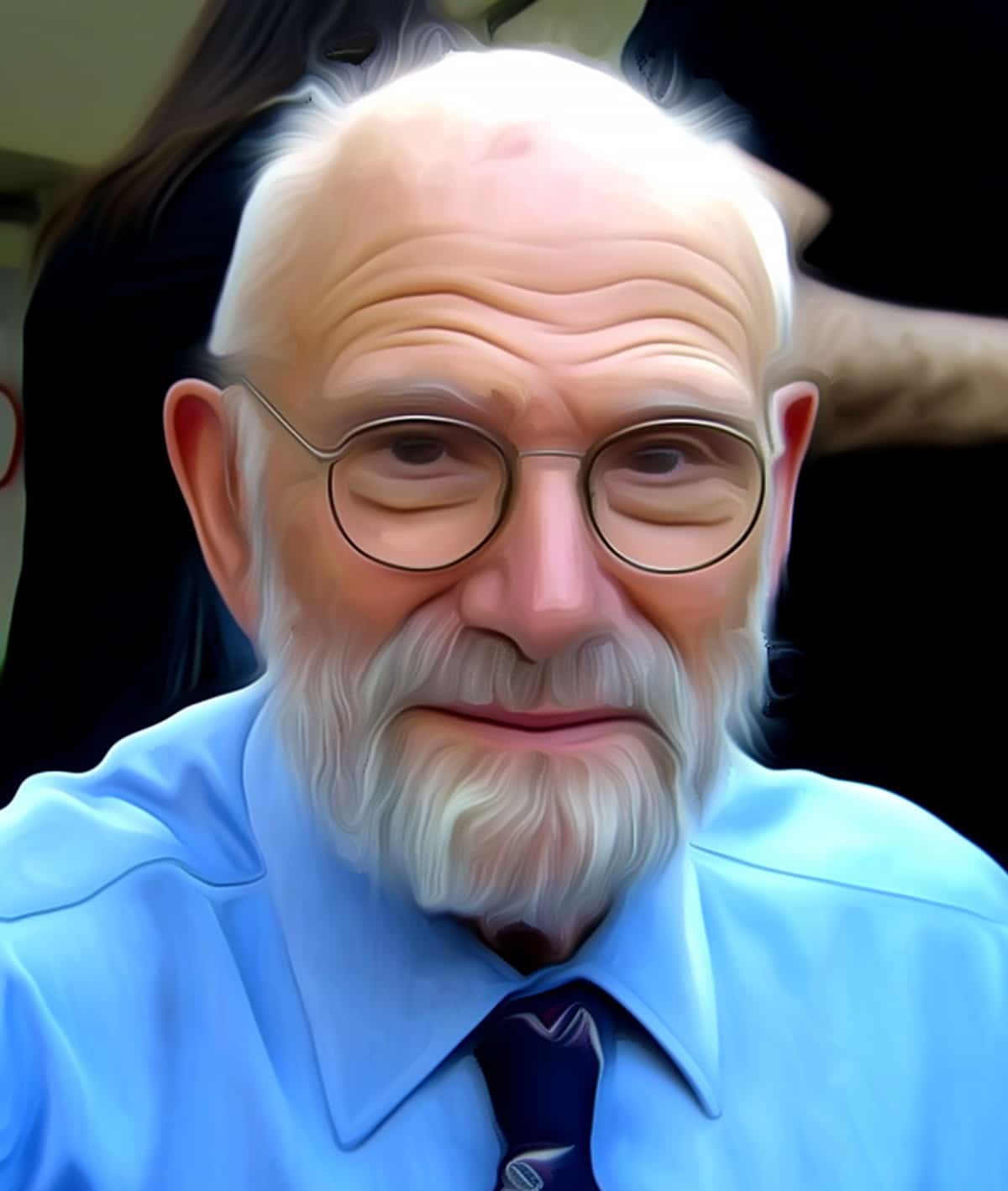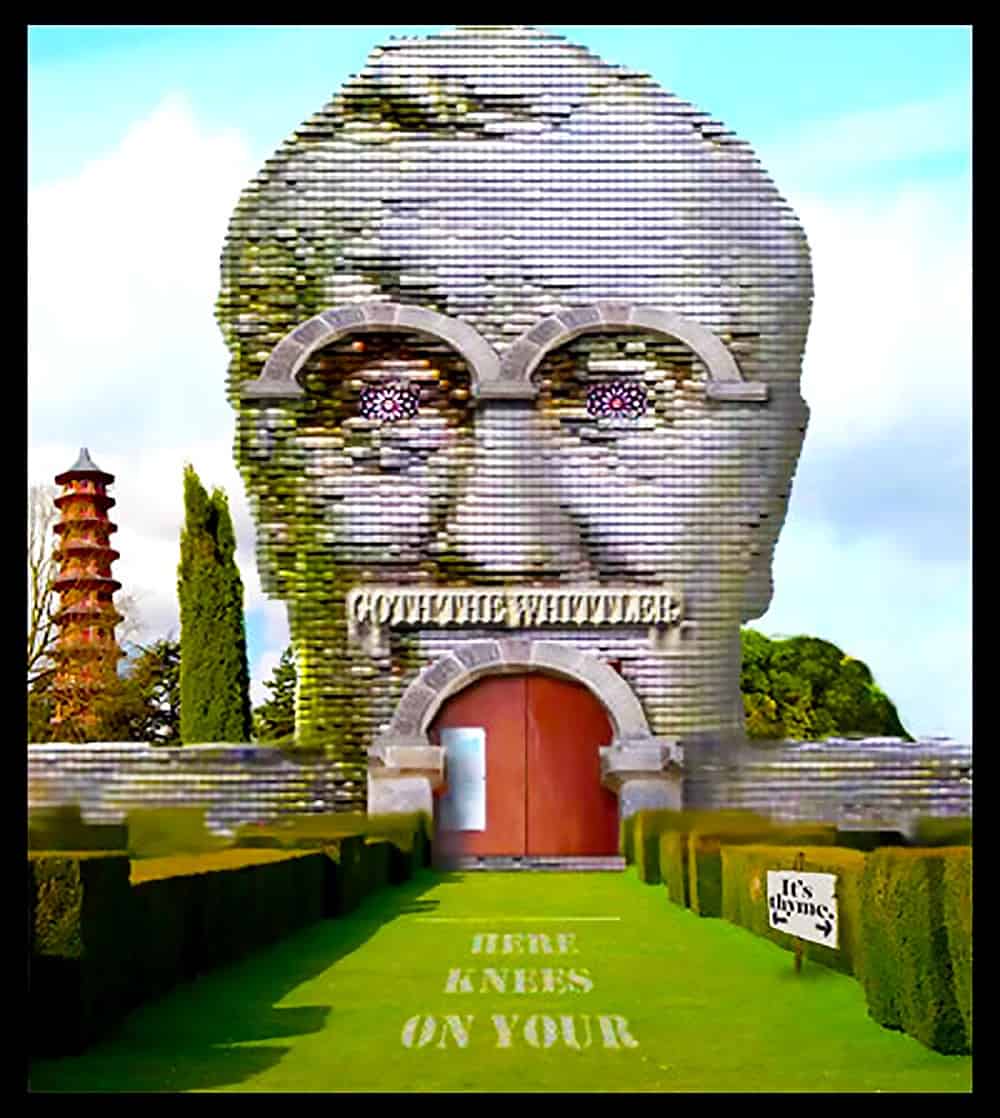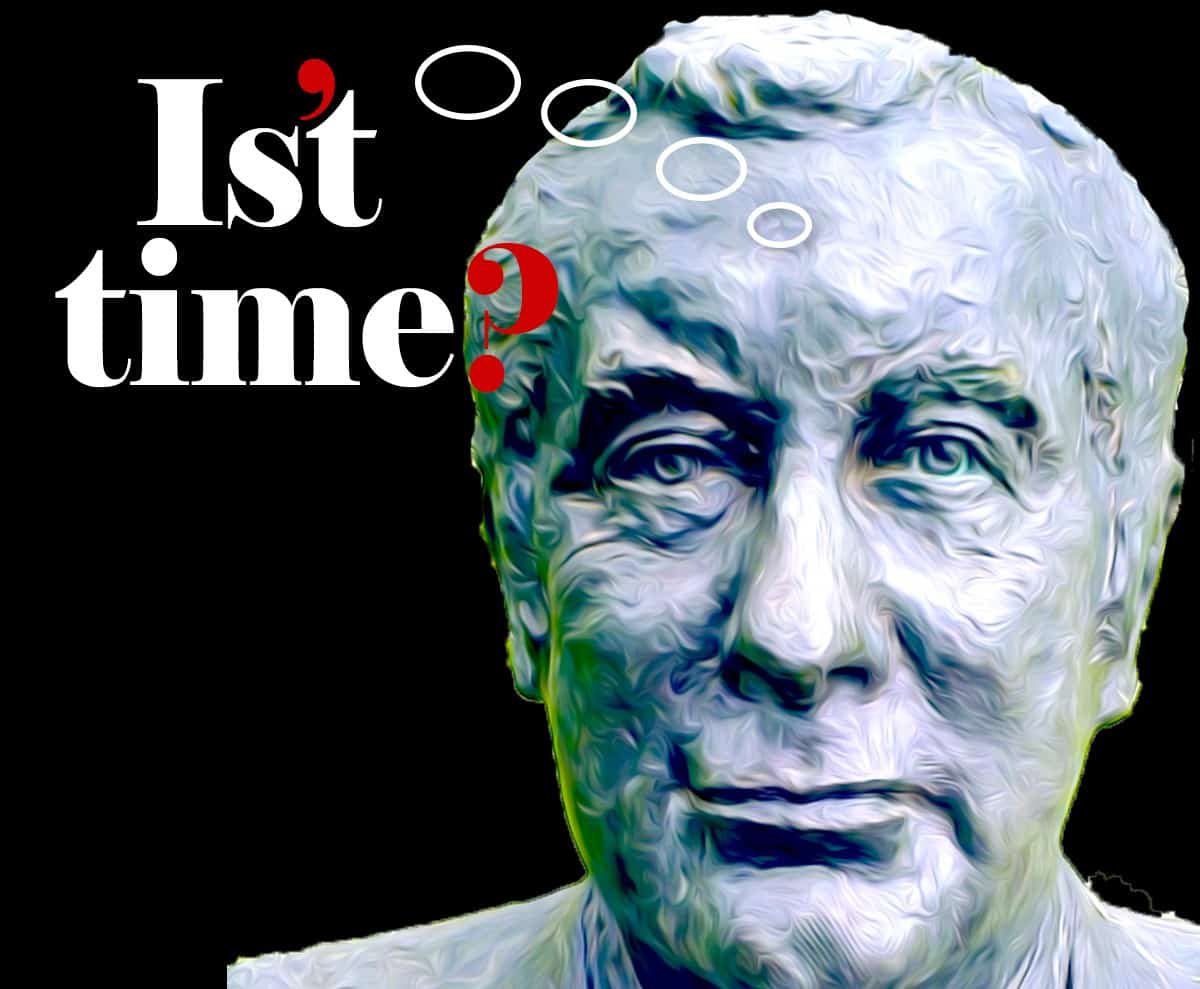How Australian Values Are Changing
How Australian Values Are Changing
Are Australian Values moving left or right?
The answer is YES – both. And, more worryingly, also a trajectory outside the known political universe towards the delusional realms of a poltical and social Fantasia. And even more upsettingly, otherwise ordinary-seeming people at the highest levels of government, commerce and public influence have become fierce advocates of “theories” that are palpably bullshit.
Australians have had, for a long, long time, an enviable reputation for their crisp, fast and accurate bullshit detection. This skill seems to be fading away, particularly—and bizarrely—amongst white, middle class, middle-aged men.
Of course the majority of Australians have been taught from birth to believe in what is not true. Santa Claus, the Tooth Fairy. Gods of whatever cloth or desert origin. They learn early to believe the lies and reassurances of those they most trust: parents, sunday school teachers and priests of any skyhook religion. They get over Santa Claus and the Tooth Fairy.
Now we have a Prime Minister who speaks in tongues of a Sunday and on weekdays believes that to torture children in the name of right-wing political power is a show of compassion. And he is a close family friend of a grown, presumably otherwise intelligent, man who follows bizarre conspiracy theories; a man whose wife works, or has worked, in the PM’s office.
Why? Why do we allow ourselves to be fooled by preposterous, unsubstantiated claims?
Because in school we were never taught logic, logical fallacies, or critical thinking (unless we were lucky).
Most of us were never taught what science really is, or how it is actually done, or the importance of scepticism (no, not cynicism).
And hardly any of us have been taught (or wanted to learn about) statistics and what they do and don’t tell us.
And because those who want to sell to us have learnt how to convince us that we need their product, and if we don’t buy it our lives will be a misery. Those who want to sell to us include politicians, priests and other con artists. Of course.
Anyway
Apart from the boom in conspiratorial, Dark State, UFO, election-stealing bullshit, the left is edging further to the left and the right has dragged itself inexorably towards the far, neo-nazi, authoritarian right.
Law and Justice
Australians—according to the Potatocracy of Home Affairs—value the rule of law.
We should not confuse the Law with Justice.
You don’t go to the court to get justice. That is not what the court provides. It provides a legal finding.
The court provides a procedure based on legislation written by lawyers at the request of politicians and agreed to by a majority of parliamentarians. Justice is never, or only rarely, a consideration in the legislation. Judges and magistrates cannot make ‘just’ findings but only ‘legal’ findings. If the two happen to occur simultaneously it’s a coincidence.
Laws have a lot of words. Lots of numbers and letters, lots of sections and subsections and notes. Only lawyers understand these things and lawyers cost money.
Joe Bloggs is not really equipped to deal with all this to get a ‘just’ outcome. And most Joe Bloggses usually can’t afford the fancy lawyers. It’s true some Joe Bloggses in certain specific circumstances can be helped by less fancy, or less experienced, lawyers. So justice, when it is even possible, is often denied. So we may be equal in the law but not before the law in our access to it.
Which brings us to another phony claim about Australian Values:
Equal Opportunity
As if.
We love to say it. We love to believe it.
It’s just not true.
There’s a job going in a stockbroking firm. It’s entry level. The starting salary is pretty shit but the opportunities to climb the ladder are attractive. HSC is required.
Out of these three candidates which do you think is most likely to score the job?
1. David is mixed race of Aboriginal descent from La Perouse. He worked really hard and did well in his HSC at a state high school, especially in maths, English and IT. His family is well-known and highly respected in the community. They’re a fairly standard suburban family but aren’t well off and they don’t know anyone in the financial sector. David has wanted a job like this since he started high school.
2. Sarah is the daughter of refugees from Sudan, now Australian citizens. She was born in Australia. She topped her year and got excellent results in the HSC. Her family lives in a predominantly Muslim suburb. Her father knows the local bank manager. She wears a hijab outside the home.
3. Sebastian is the son of a senior executive at the Sydney CBD office of one of the major international audit companies. They live in a mansion at Palm Beach in northern Sydney. Andrew’s dad went to school with the CEO of the broking firm that has opened the job. Andrew scraped through the HSC. He doesn’t know much about money besides how to spend it. He doesn’t really know what he wants to do. He’d rather just sail and party but his mum insists he get a job and start doing something useful.
So who should get the job? Who do you think is most likely to get the job? And how long will he last?
Australians are Larrikins? Really?
This claim has been made since about forever. We love it. We love to believe it. It’s a legendary Australian value.
We like to think of ourselves as being larrikin-ish. And we would be, too.
It’s just that right now we’re a bit busy.
Stuffed into a stinking train on our way to another unutterably boring 9 to 5 day at our stupefying job where we do as we’re told because we’re afraid of losing our stupefying job because we need to pay the rent/mortgage.
And when we get home smelling of other passengers’ sweat we’re just a little too tired for larrikin-ising.
But, you know, sometimes we wear odd socks to work or a jokey tie. Will that do?
In any case larrikinism died with Henry Lawson in 1922.
The Split
It’s all pretty upsetting that the fissure between left and right (whatever they actually are) is growing. Both ends are informed by batshit conspiracy theories.
The Labor party is easing itself towards the hard right position being vacated by the now increasingly far right/alt-right Nationalist ‘Liberal’ Party.
The evangelical, rapture expecting, theocracy loving, democracy hating sand people built their temples there long ago.
The Greens still don’t really know what they’re doing, or how to do it, but lots of people are moving to conspiratorial fantasies to the left of them.
To be fair, the majority of Australian voters sit around almost exactly in the Centre and just vote for whatever party they and their parents always have.
The words that strike the most fear are Socialism and Fascism. We don’t have either in Australia. We do have authoritarianism and that’s where the LNP is going, especially with failed coup leader, The Racist Potato. But there are many further to the right than him.
We don’t have socialism. We’re don’t do Democratic Socialism. We find that scary and almost communist. But we are a Social Democracy, if not to the extent of the Scandinavian countries. Social Democracy is a policy system that includes:
“economic and social interventions to promote social justice within the framework of a liberal-democratic polity and a capitalist-oriented mixed economy. The protocols and norms used to accomplish this involve a commitment to representative and participatory democracy, measures for income redistribution, regulation of the economy in the general interest and social-welfare provisions.”
That’s why we are consistently amongst the top five of the world’s best countries.
This year, 2020, Australia is rated the third best country to live in after Norway and Switzerland.
Social democracy is why we have, for example, Medicare that means being sick won’t bankrupt us (unlike the US).
Social democracy is what’s at stake if Australia goes sincerely to the far right or the far left.
And if you want to see what a corrupt, authoritarian/oligarchical theft of democracy might look like, there’s one being attempted right now.
In the USA.
By their ‘President’.
If you want to see a historic major political party collapse like the explosive demolition of a skyscraper, that’s also happening right now.
Keep your eye on the Republicans . . .
. . . if you don’t want that to be the future of Australia and Australian Values . . .
![shadow[e196]](https://valuesaustralia.com/wp-content/uploads/2020/06/shadowe196.png)


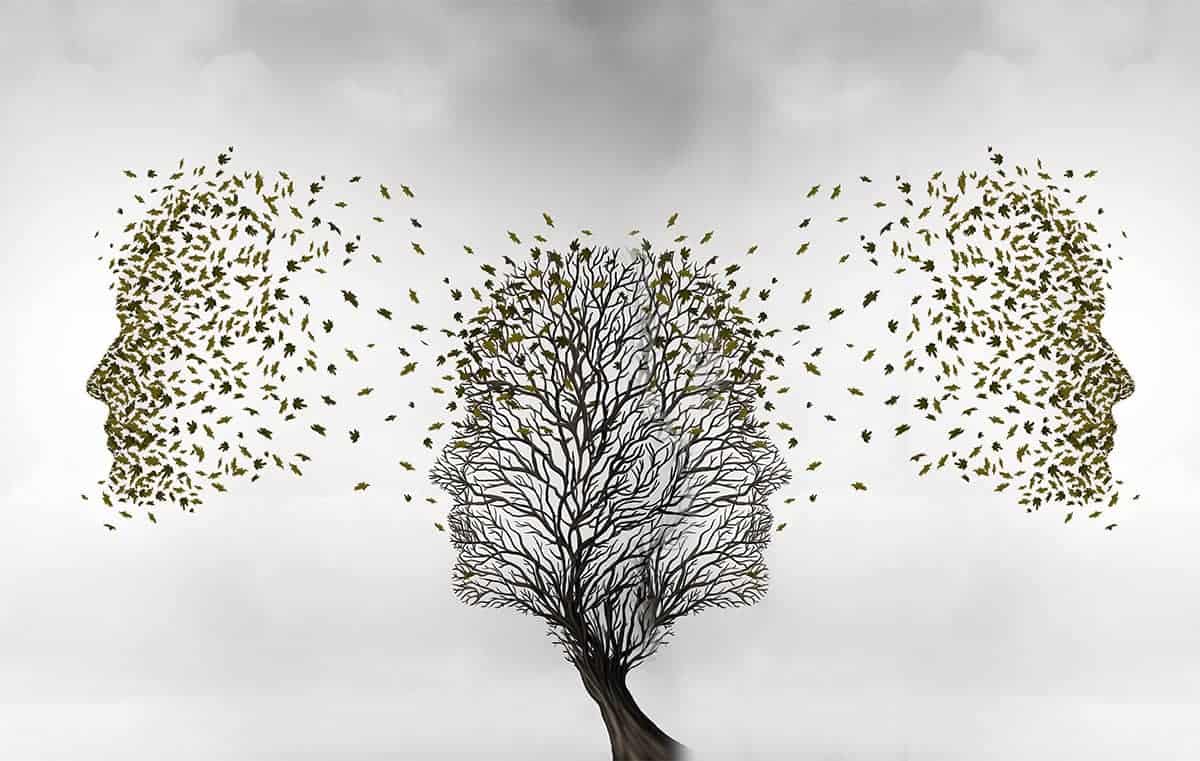


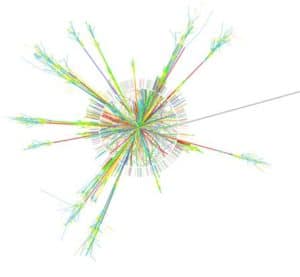
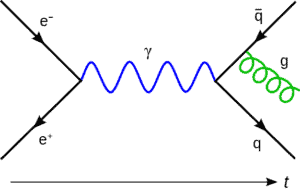
![shadow[e196]](http://valuesaustralia.com/wp-content/uploads/2020/06/shadowe196.png)

![scream[c]](http://valuesaustralia.com/wp-content/uploads/2020/09/screamc.jpg)
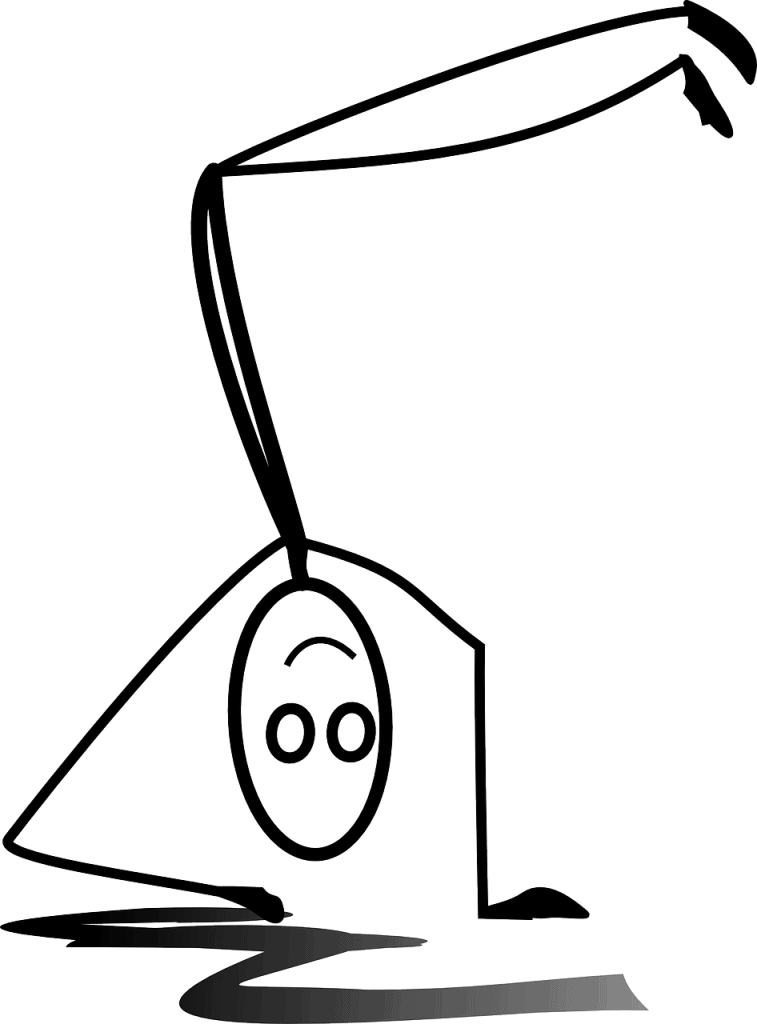
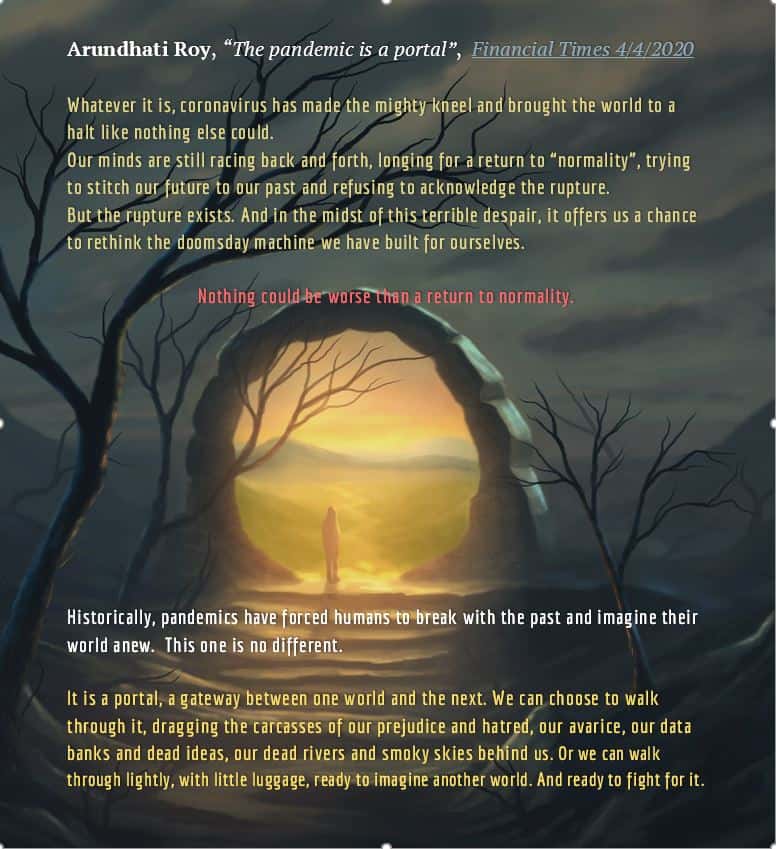
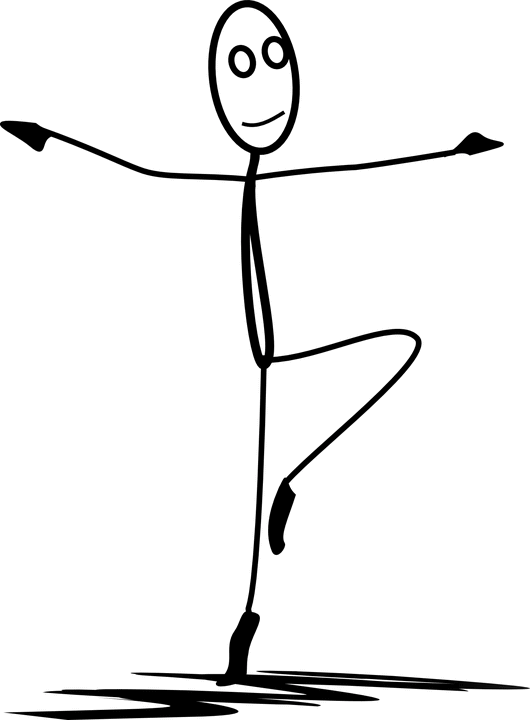
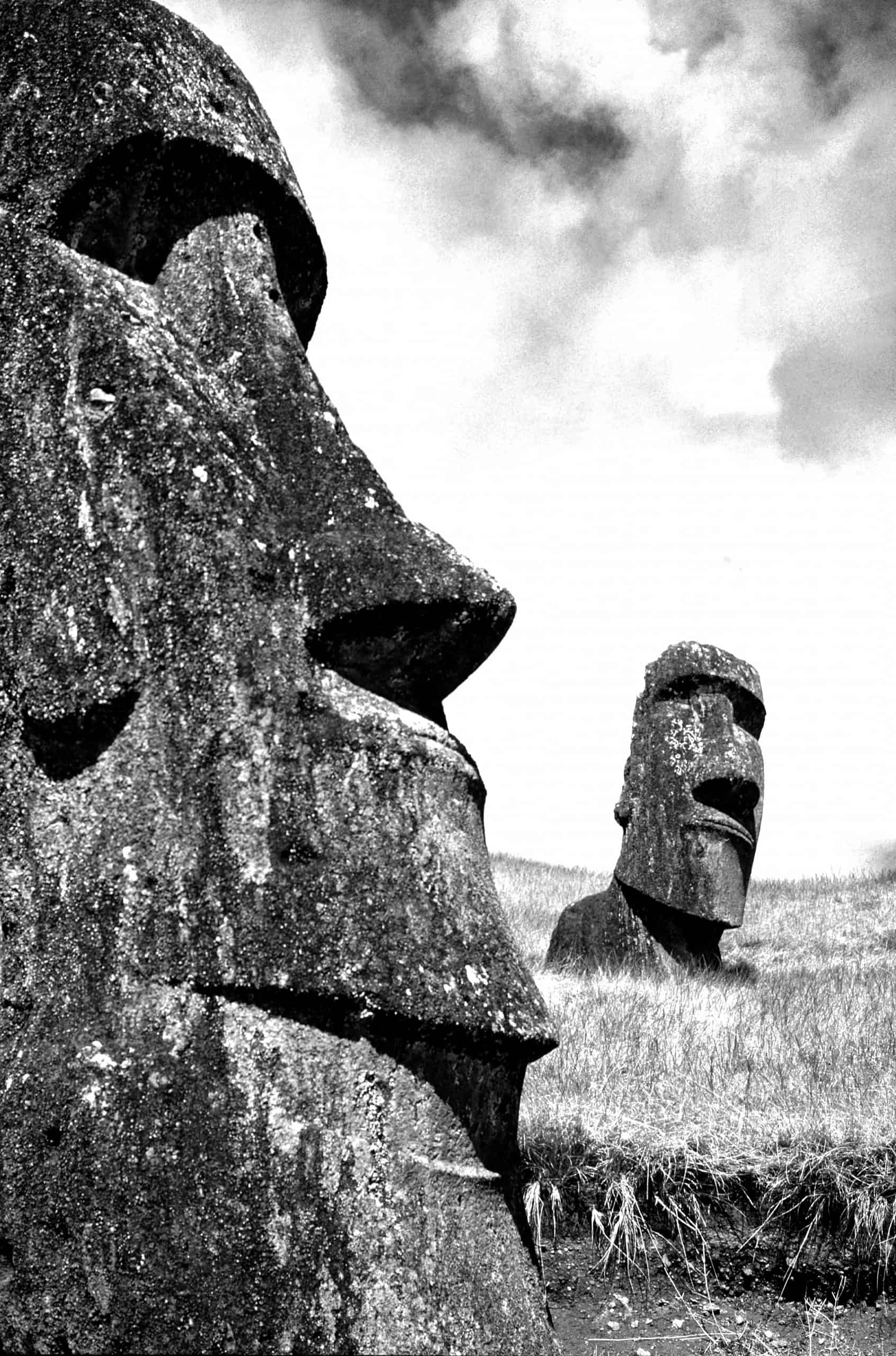

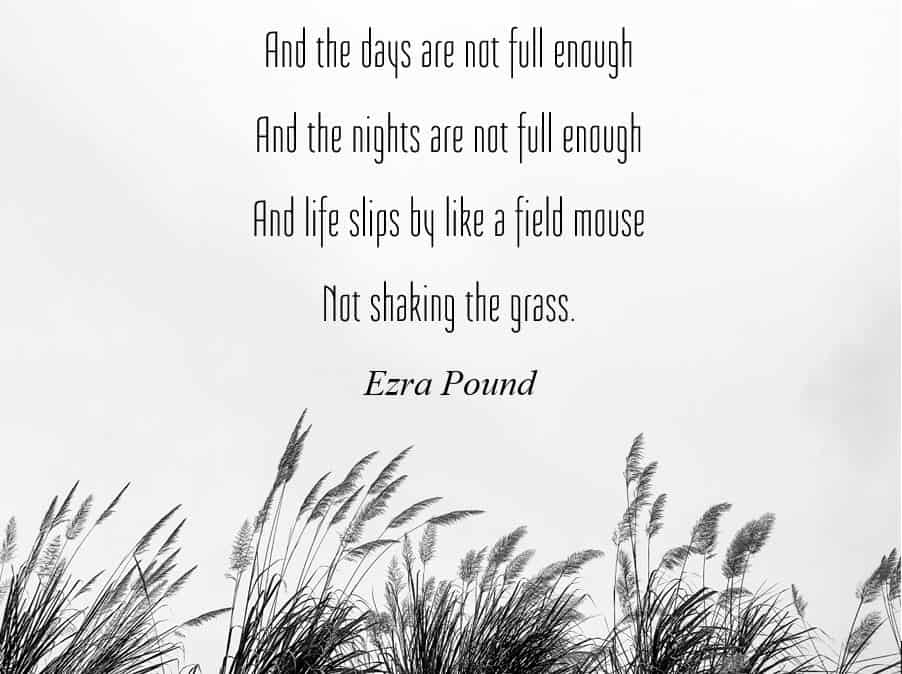

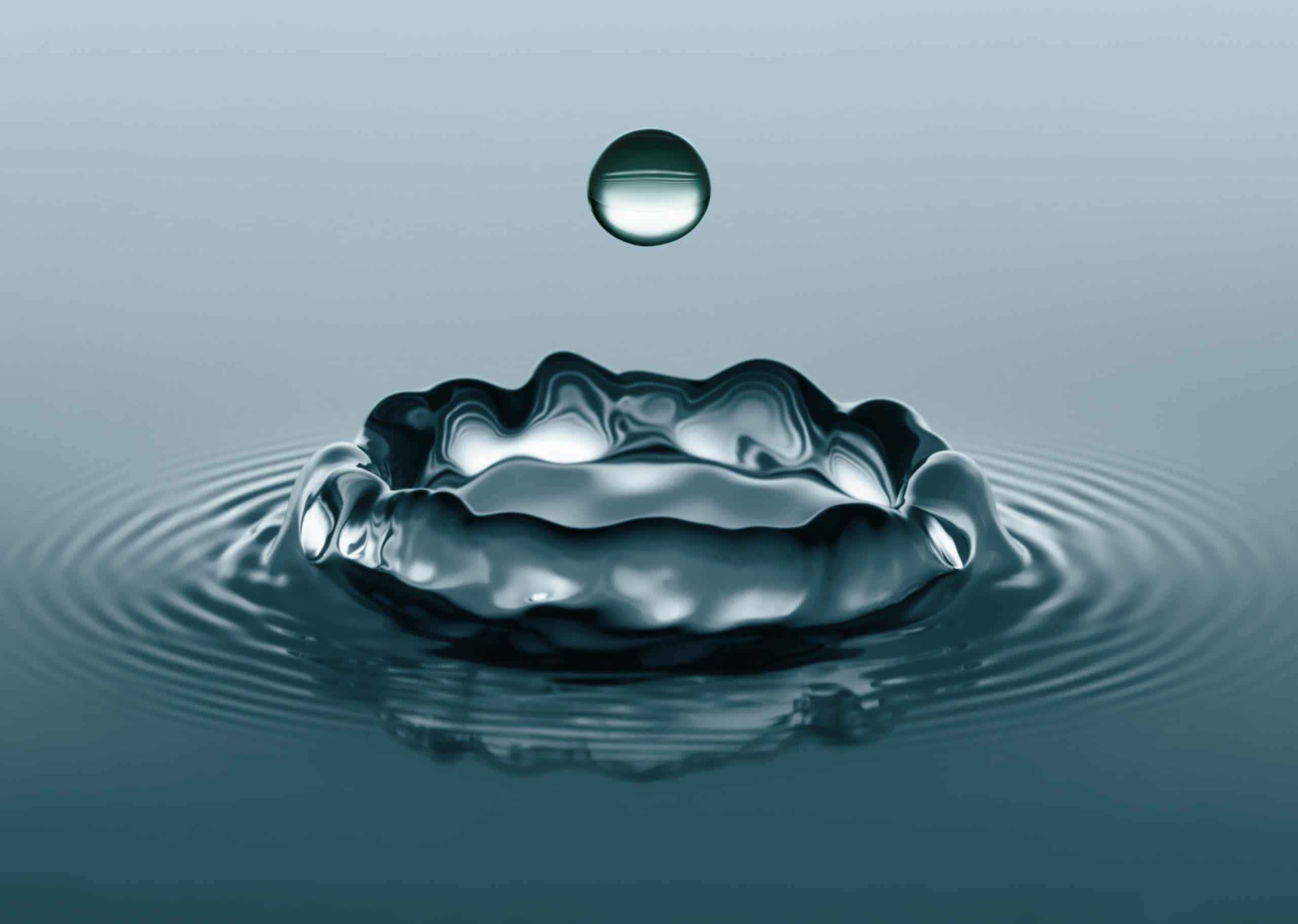
![sprint[c]](http://valuesaustralia.com/wp-content/uploads/2020/09/sprintc.jpg)
![France_in_XXI_Century._Correspondance_cinema[b]](http://valuesaustralia.com/wp-content/uploads/2020/09/France_in_XXI_Century._Correspondance_cinemab.jpg)
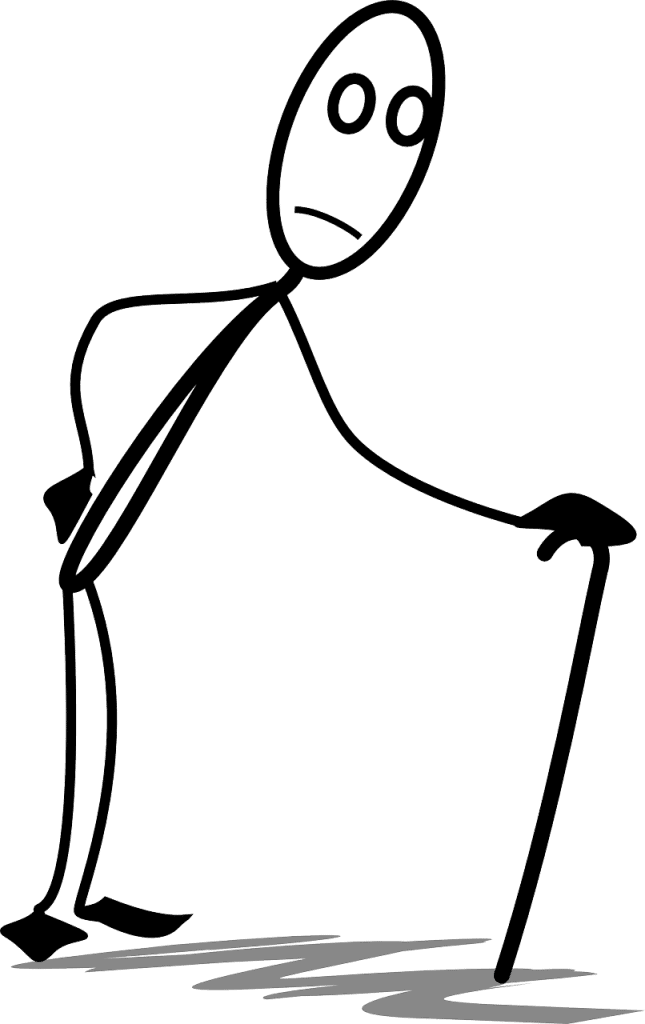
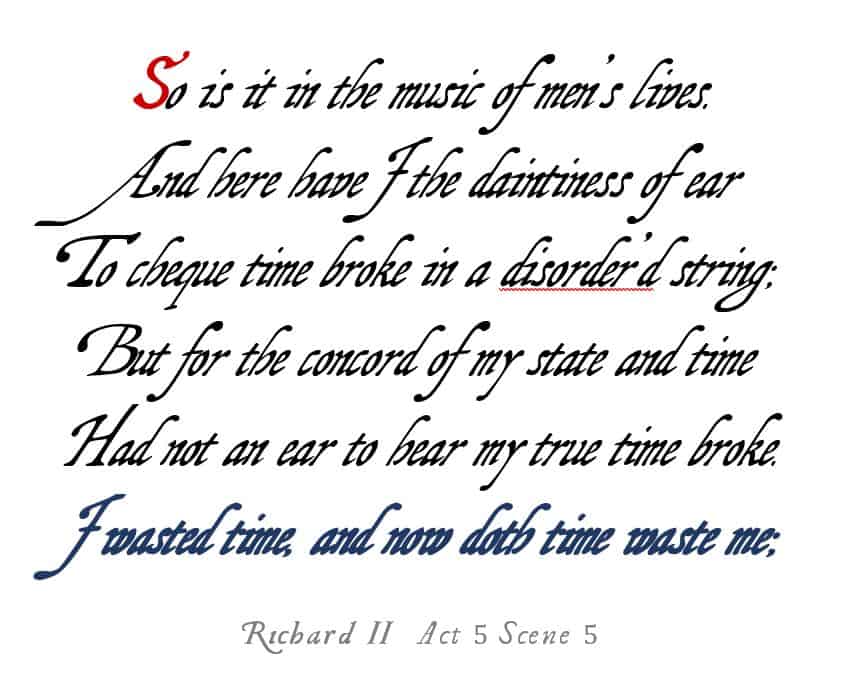
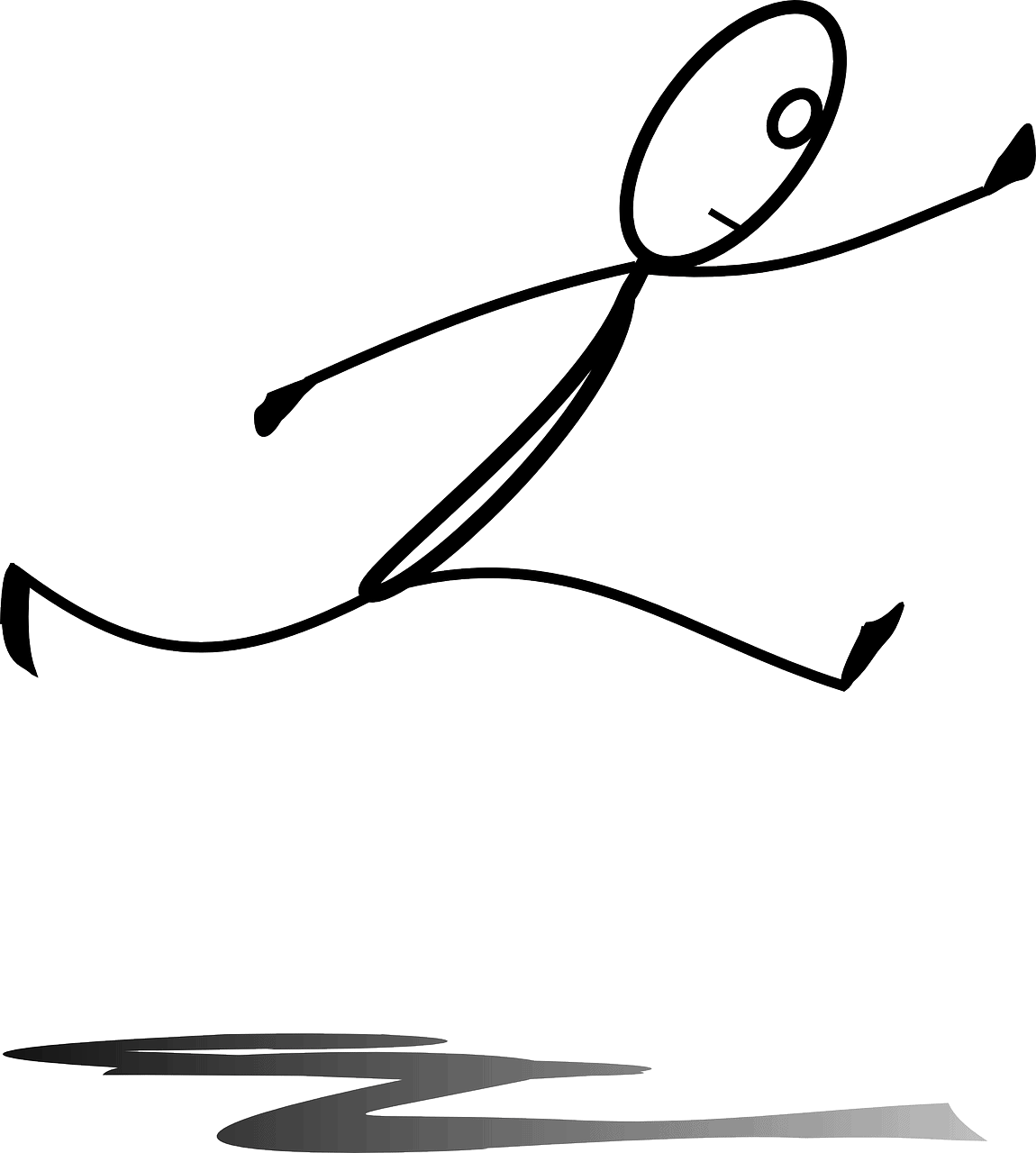
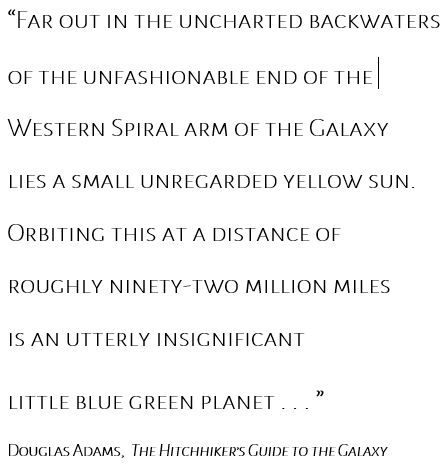
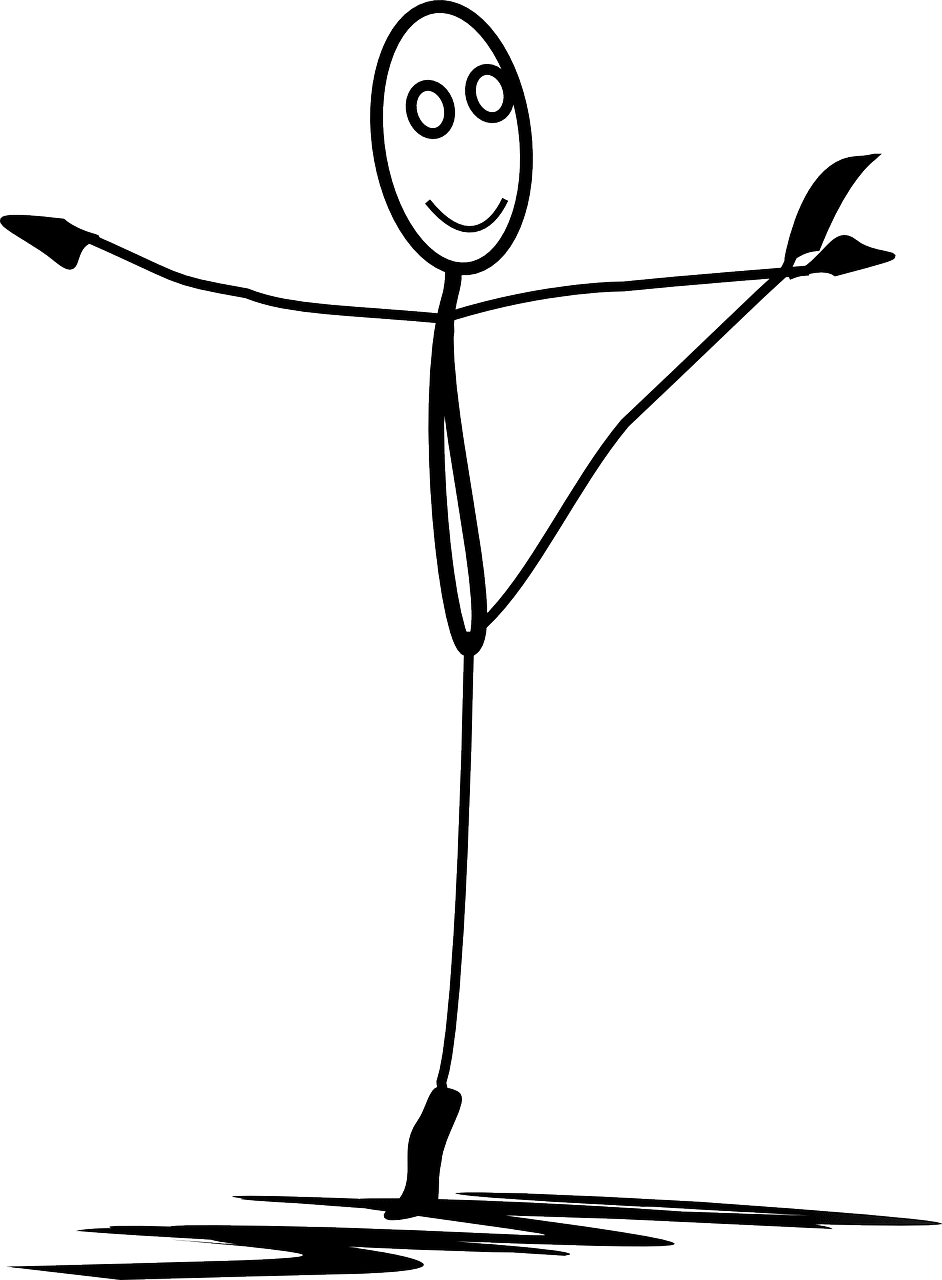

![flourish update[b]](http://valuesaustralia.com/wp-content/uploads/2020/06/flourish-updateb.png)
